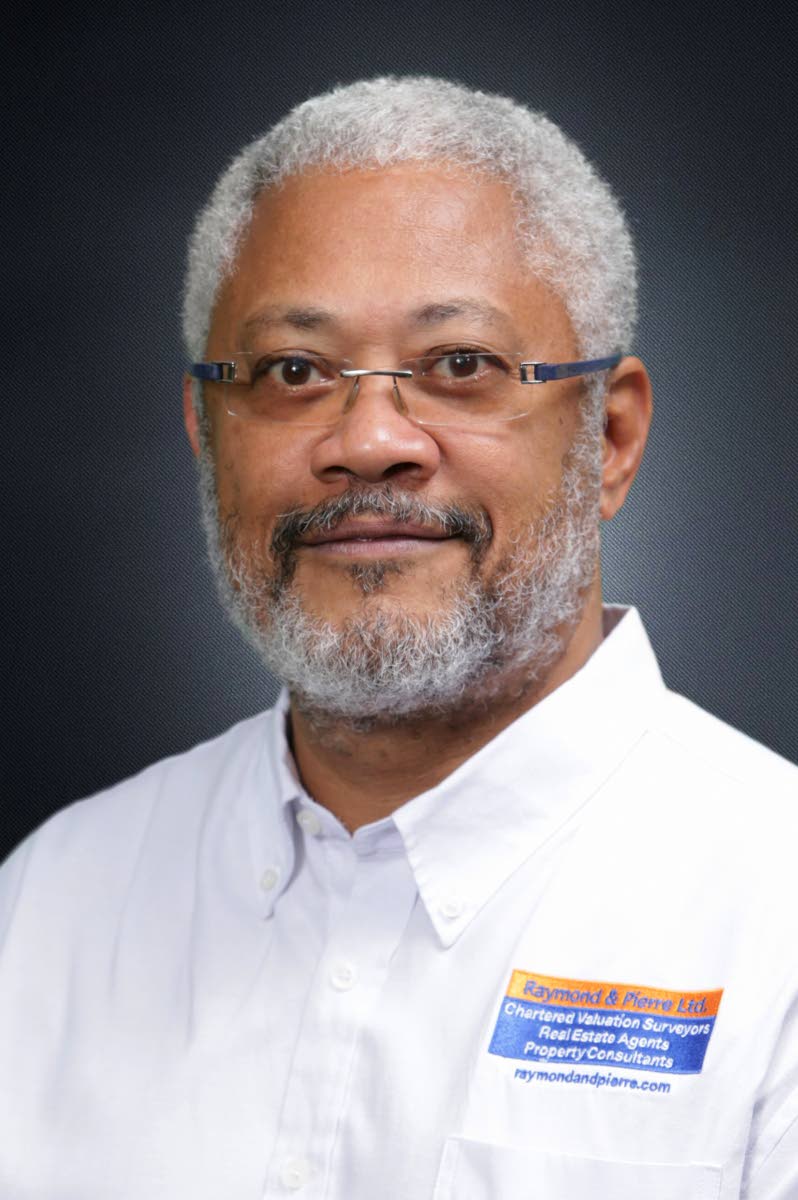By Newsday
Copyright newsday

THE EDITOR: The second Procurement Compliance Plus (PC+) Lab on September 10 was focused on procurement governance, so it was a strong addition to this excellent training series for this important new legal arena.
Although procurement and purchasing are long-established essential processes for any business, this is a novel field due to the significant changes arising from the Public Procurement and Disposal of Public Property Act 2015.
The act established effective new rules to oversee transactions in public money, with heavily punitive provisions, its most important feature being that oversight and penalties are now applicable to both named public sector officials and private sector suppliers and contractors.
The interactive sessions were hosted by a cadre of outstanding professionals, led by the estimable Dr Margaret Rose, a long-time campaigner and educator in this field. I was a panellist, but it was also an opportunity for me to learn from and engage with a range of practitioners in this multifaceted professional field.
The act established the Office of Procurement Regulation (OPR) as the statutory oversight agency with responsibility to ensure that these transactions are conducted in accordance with that law. Public bodies and their private-sector counterparts will continue to contract with each other, but in this new arrangement all of those decisions are under the oversight of the OPR.
Given the importance to our public interest of maximising the value obtained for every dollar of public money, the complexity of the act with its various intersections with other laws, the heavy penalties and the high political stakes, there is every good reason for the professionals engaged in this arena to support this outstanding series of educational conferences.
I am also told that the OPR was invited to deliver the keynote speech at the inaugural PC+ event on May 2, so I am very disappointed that it has not attended either of these pivotal conferences. I am reliably informed that the OPR declined that invitation due to a stated fear of being accused of conflict of interest, given that it is that office which would have to rule on any complaints, challenges or other disputes.
I will not stand aside while the OPR becomes yet another of our ineffective oversight bodies, like the Auditor General or the Integrity Commission. There is simply too much at stake here.
Apart from the overarching point that the OPR could participate in such events without any loss of its neutrality, impartiality or fairness, it would, more importantly, certainly gain tremendous understanding of the challenges facing practitioners. All in all, the further bonus from OPR participation in these events would be a far greater general understanding of the issues and their context.
The OPR must urgently reconsider its reluctance to attend these PC+ events, especially since its reasons appear quite rickety when one considers that the Chief Justice gave the keynote at the inaugural event and there were three Appeal Court judges in attendance at the entire second event.
Justice and its officers should not be so cloistered and in this new dispensation that must now include procurement regulators.
AFRA RAYMOND
afraraymond.net



